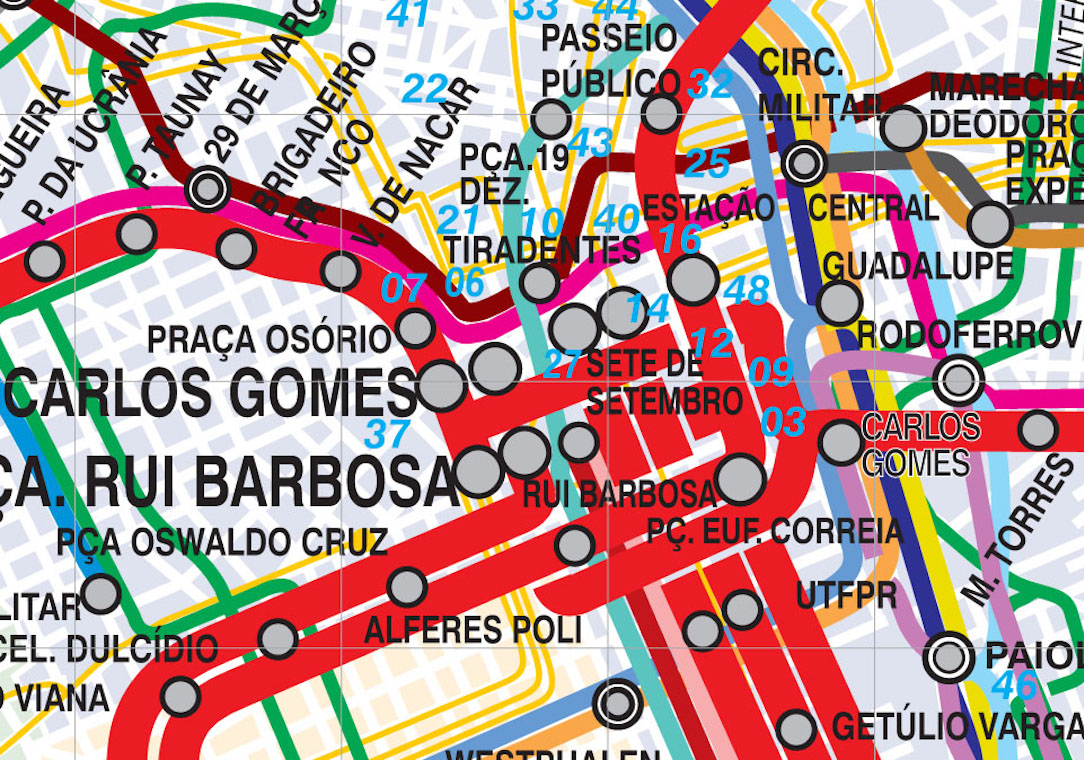Design, materialities and popular demands for urban mobility

CONFIRM YOUR PARTICIPATION
Every day, since the moment we get up until we go back to sleep, we interact with hundreds of material artefacts. Brushes, spoons, sidewalks, screens, buses and many other stuff that participate in our everyday construction as human and social beings. In this process, things (and people) can also be tensioned, adapted and transformed to fit in different interests, desires and/or needs. From this understanding of the people and things, technology and society relations I have researched some artefacts that constitute and are constituted by the urban everyday: the public transport stuff. Specifically, I sought to understand, from the intersections between Science and Technology Studies and Material Culture Studies, the public transport system in Curitiba, a city in the south of Brazil, between 1991 y 2011. This city, with a population of 1.9 million, was the first to implement the Bus Rapid Transit (BRT) system in 1974. Locally, Curitiba is famous for its tubular shaped bus stops with fast boarding that were inaugurated in 1991. As an alternative to the Curitiba’s mainstream designs and designers, generally represented as unrelated to the everyday mobilities and immobilities, I adopted the technologies-in-use historical perspective, with the focus on the popular demands related to the public transport. This point of view allowed to recognise some aspects that were disregarded in the official narratives and even by the Curitiba’s municipality. Among them, the users’ and social movements’ understandings about the urban transport demands, problems and solutions and the possibilities for redesigning the city and its artefacts to generate broader and more democratic mobilities.
Bio
Suelen Christine Caviquiolo was born in Curitiba (Brazil) and now is based in Barcelona (Spain). In June 2017, she finished a PhD in Technology and Society by UTFPR (Brazil), a research project about the uses of urban public transport that included an exchange at Universidade Nova de Lisboa (Portugal). She also worked as a professor in the UTFPR’s Industrial Design Department teaching and planning the subjects of History of Art, History of Design and Design, Culture & Society. Her research interests are the social and cultural dimensions of design and technology, mainly the materialities and visualities involved in the everyday use of technological artefacts.
Venue
Sala Tony Bates del edificio UOC
Av. Tibidabo, 39-43
Barcelona
08035 Barcelona
When
16/10/2018 12.00h
Organizers
Universitat Oberta de Catalunya, Grupo de investigación CareNet del IN3
Contact